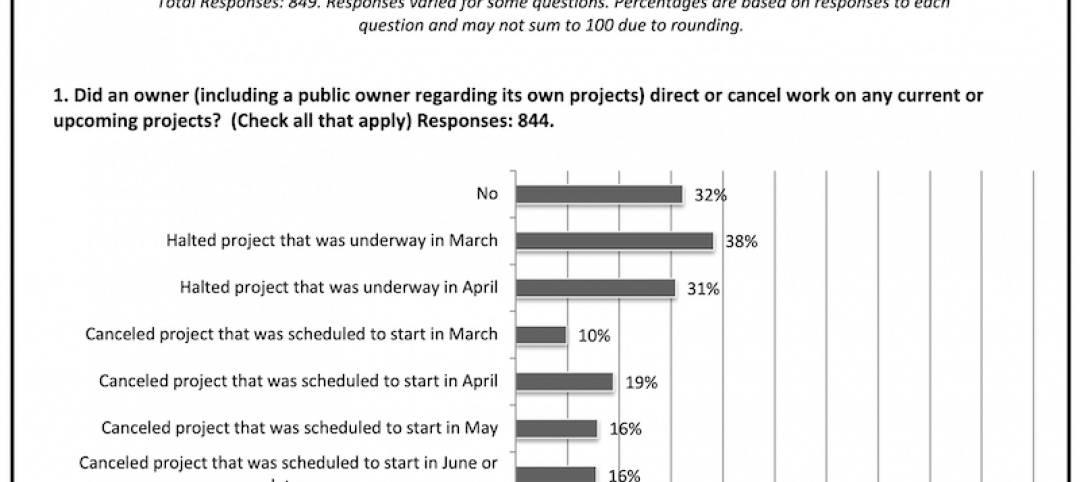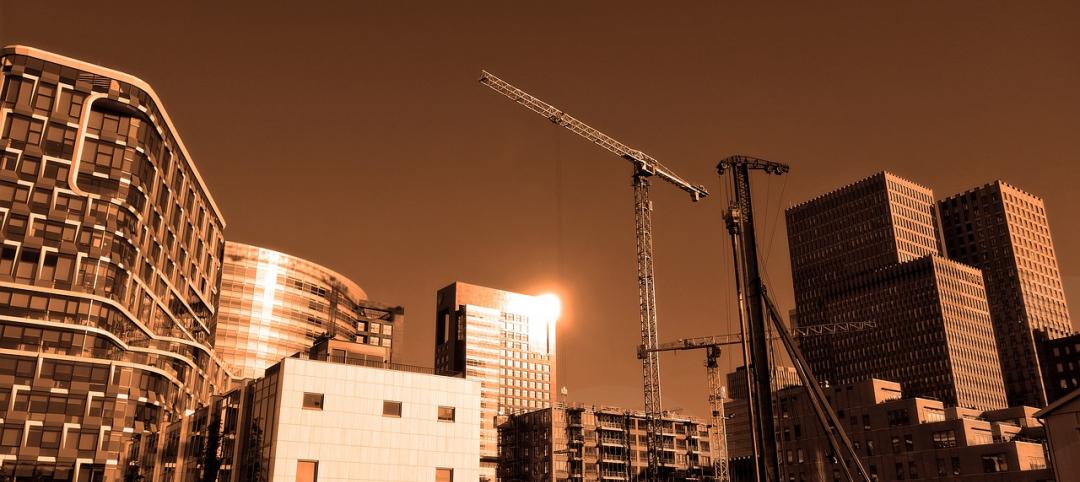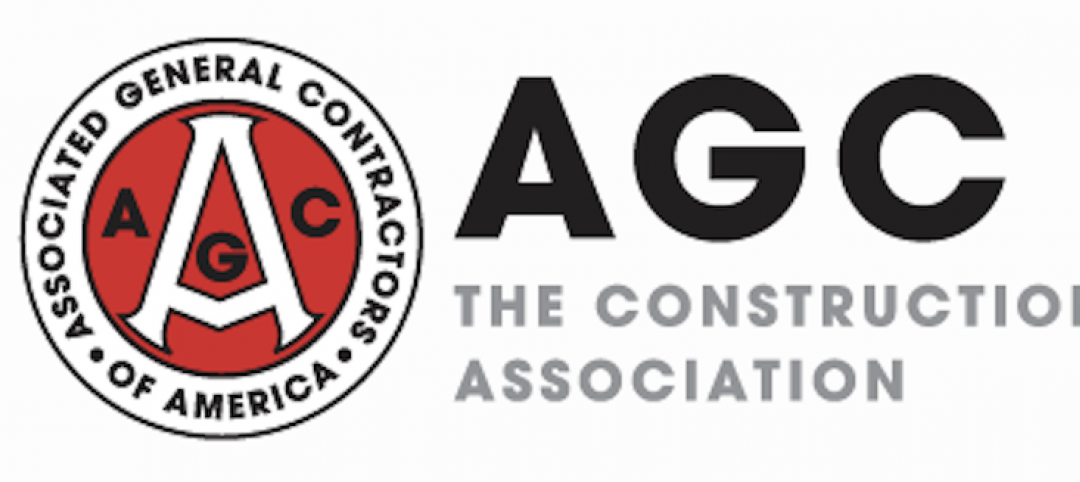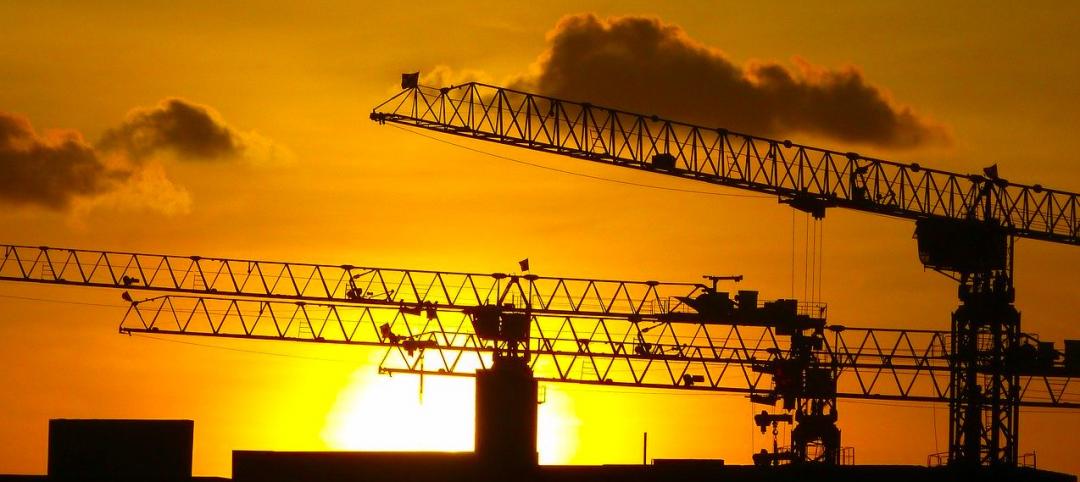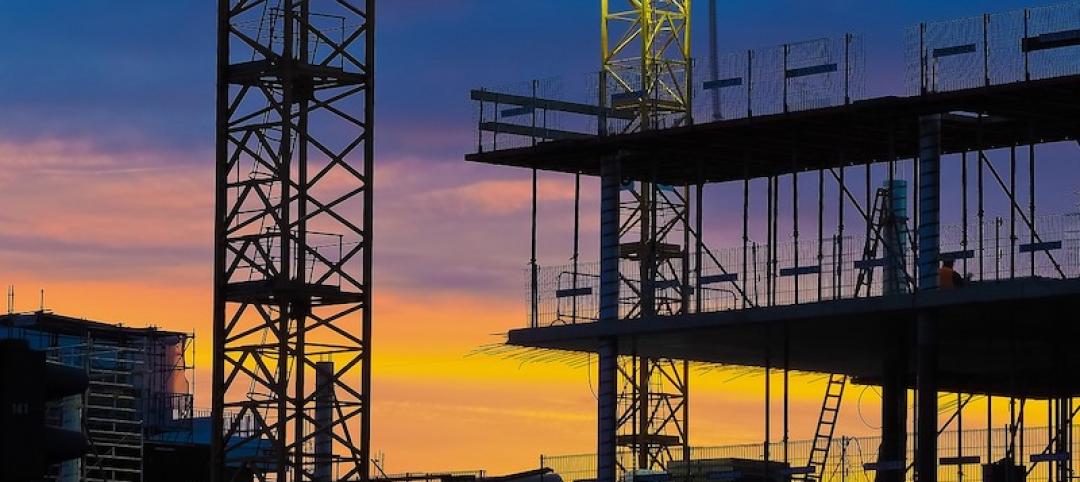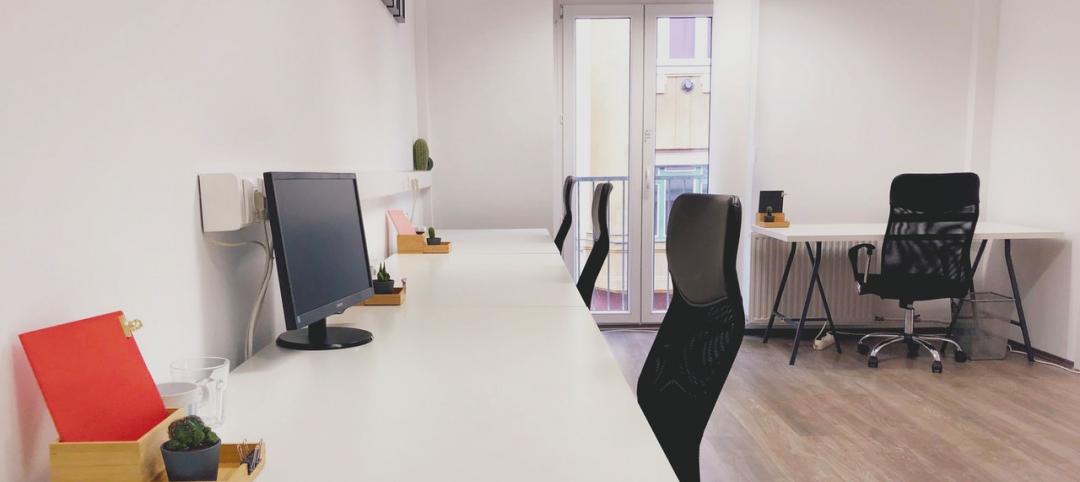“Never let a good crisis go to waste” – Rahm Emanuel
It’s hard to imagine anyone who hasn’t had some significant loss during the current crisis. Perhaps you’ve had the virus; worse still, it might have killed someone among your family or friends. Almost all of us have lost, for some period yet unknown, significant parts of our life savings, and some have lost businesses they may have just started or have invested considerable resources in establishing.
What have we learned so far from the coronavirus pandemic? It will soon end, soon be in the rear-view mirror, but we can still take lessons learned as directions for going forward. Even in the most fire-ravaged forest, new seeds begin sprouting almost immediately after the first rain.
First, as individuals, we’ve already learned that can get by with much less than we are used to. Maybe this crisis might be a wake-up call to simplify our lives, to focus on what really matters, which will strengthen our ability to respond in the future.
Second, few of us are really prepared for the intellectual, emotional and spiritual challenges of dealing with ramifications of the Covid-19 virus and its impact on our lives. The social and economic crisis we are living through may lead us to think more deeply about how well we are living our values and how we might explore more inner-directed practices such as meditation and mindfulness for a more satisfying life.
Third, despite shortages of essential items and long lines at stores, we are far more resilient as a society than we might have expected. Resiliency is a primary response that we will need for dealing with accelerating climate change in the decade ahead, so we can take some comfort from how we all have responded.
That’s the good news for us as a society, but what lessons can we, as design, construction and operations professionals, take into our work?
By 2030, experts are almost certain that climate change’s effects will begin to resemble a continuous pandemic, threatening daily life in our cities and suburbs and on our farms – droughts, floods, fires, heat waves, tropical diseases spreading north, etc.
To avoid the worst effect of climate change, UN experts have sketched out a “carbon emissions budget” that we shouldn’t exceed over the next decade to have a chance to keep global warming below 1.5C and 2.0C.
Based on current trajectories, including a massive expansion of coal power in China and most of Asia, it’s difficult to see how we can avoid using up the world’s entire “carbon emissions budget” long before the end of the decade. Just as “what happens in Vegas stays in Vegas,” what we put into the atmosphere stays there for a LONG time, hundreds of years into the future.
But experts such as architect Edward Mazria have shown us how to change this trajectory, with building design and construction playing a key role.
Three things we can learn from the Coronavirus pandemic that we must put into practice immediately:
1. No more excuses! Time is short; we're beginning to learn that we may have radically underestimated the speed of climate change. Designing and renovating buildings for zero net energy use needs to be "Job 1" for all projects. We should get not award "green" seals of quality and “attaboy” awards for any project that doesn't at least do this much.
2. More importantly, materials choices matter even more than the energy-use profile, especially in the next decade; zero embodied carbon will be the next design standard. The good news: we have the information systems in place to make this goal attainable in practice.
3. Fully healthy commercial and public buildings, schools and colleges, retail, and hospitals will emerge as the new owner's requirement. Zero net energy is easy; zero net carbon is harder, but we can do it; healthy buildings have yet to be built (and operated) on a mass scale.
The task of renovating buildings to be simultaneously zero net carbon AND healthy will challenge the design and construction industry as never before.
The good news is that all the effort we've expended over the past twenty years, learning how to do (1) - (3), is now available for immediate implementation. Isn't it time for architects and engineers, builders and owners to abandon a strictly economics-based, "values neutral" professionalism and embrace the task that we really need to do (and for the most part, want to do): play our part in making sustainability in practice into our daily work?
If there's anything we as building industry professionals can learn from this close brush with our own mortality and with the country's economic death (and of course it's not over yet), it's that "tomorrow we'll get it right" has to be replaced with "today we did it right."
Jerry Yudelson is a LEED Fellow (Emeritus) and the author of 14 green building books. His next book, The Godfather of Green: An Eco-Spiritual Memoir, will be published on Earth Day 2020.
Related Stories
Coronavirus | Mar 25, 2020
Coronavirus pandemic's impact on U.S. construction, notably the multifamily sector - 04-30-20 update
Coronavirus pandemic's impact on U.S. construction, notably the multifamily sector - 04-30-20 update
Coronavirus | Mar 25, 2020
Plaza Construction and Central Consulting & Contracting strategic alliance expands to Florida in response to coronavirus pandemic
New York City-based partnership to aid Florida healthcare systems amid COVID-19 outbreak and will continue medical construction in the region following resolution.
| Mar 25, 2020
Designing public health laboratories to safeguard researchers during pandemics
As laboratory designers, we want to shed light on a subset of our population critical to protecting us from, and preventing the spread of, severe outbreaks: public health researchers.
Market Data | Mar 23, 2020
Coronavirus will reshape UAE construction
The impact of the virus has been felt in the UAE, where precautionary measures have been implemented to combat the spread of the virus through social distancing.
Coronavirus | Mar 21, 2020
Perkins and Will’s CEO sees a light at the end of COVID-19 tunnel
Phil Harrison says the virus outbreak could make more clients see the connection between design and wellbeing.
Coronavirus | Mar 21, 2020
Construction business and union leaders call on government officials to include construction as an 'essential service' during shutdowns
The chief executive officer of the Associated General Contractors of America, Stephen E. Sandherr, and the President of North America’s Building Trades Unions, Sean McGarvey, issued the following joint statement urging Government Officials to Exempt Construction Work from Regional, State and Local Work Shutdowns.
Coronavirus | Mar 21, 2020
Associated General Contractors launches eight-part webinar series around COVID-19
The programming, which begins Monday, will offer advice on how businesses might need to adjust during the virus.
Coronavirus | Mar 20, 2020
BD+C research: The AEC industry braces for tough sledding in the coming months amid COVID-19 outbreak
A new BD+C poll of U.S. architecture, engineering, and construction firms finds that companies are anticipating project postponements and delays.
Coronavirus | Mar 20, 2020
Pandemic has halted or delayed projects for 28% of contractors
Coronavirus-caused slowdown contrasts with January figures showing a majority of metro areas added construction jobs; Officials note New infrastructure funding and paid family leave fixes are needed.
Coronavirus | Mar 20, 2020
AIA implores Congress to provide relief to business owners and employees
The American Institute of Architects (AIA) 2020 President Jane Frederick, FAIA, and EVP/Chief Executive Officer Robert Ivy, FAIA, are urging Congress to address the critical needs of business owners and employees during the COVID-19 pandemic.



